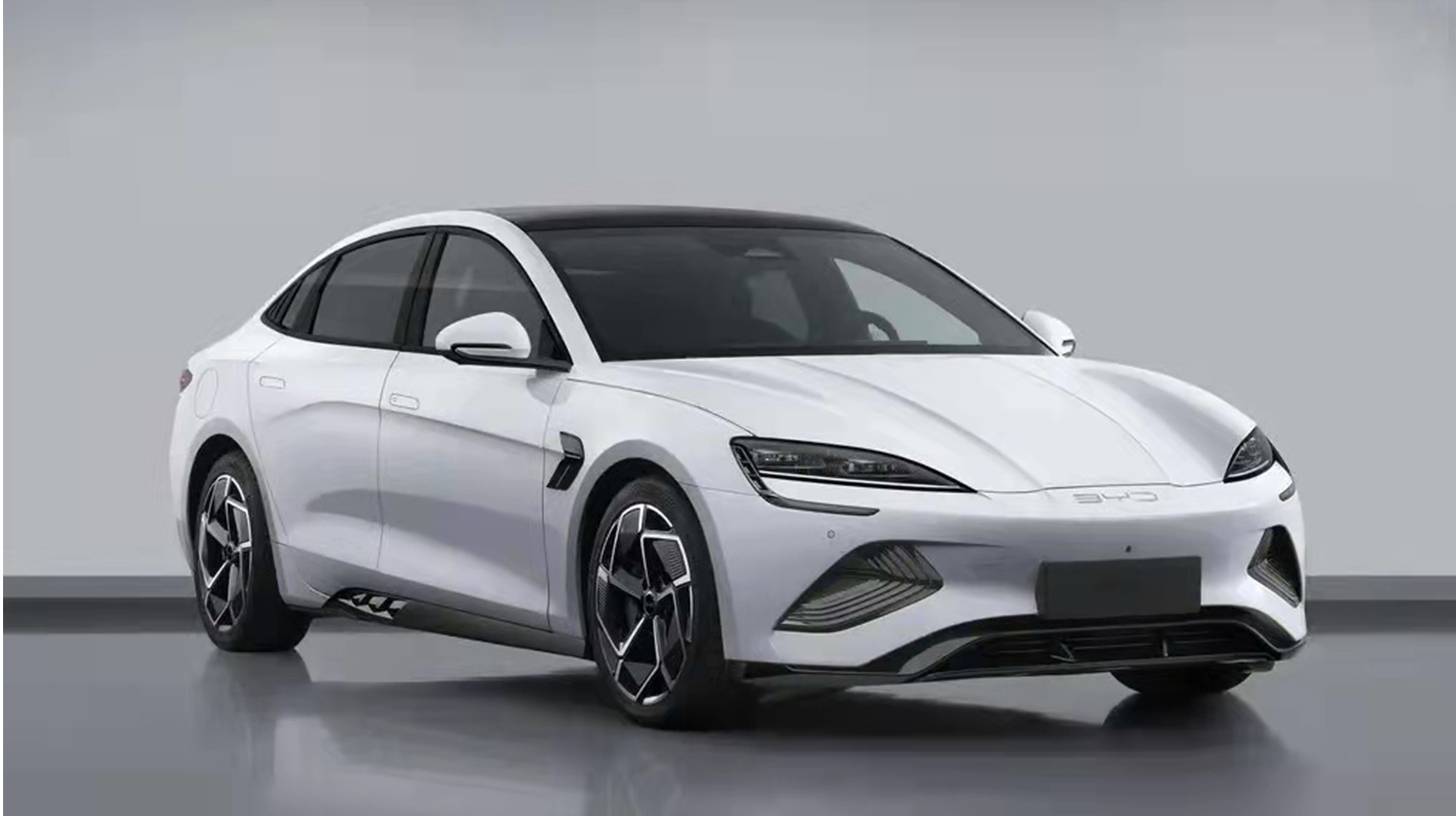Solid-state batteries (SSBs) and advanced software technologies are pivotal in advancing the electric vehicle (EV) era. SSBs offer enhanced safety, higher energy density, and longer lifespans, while sophisticated software optimizes vehicle performance, battery management, and user experience, making them essential for future EV development.
What Are Solid-State Batteries and Their Role in Electric Vehicles?
Solid-state batteries are a type of battery technology that utilizes solid electrolytes instead of liquid ones found in conventional lithium-ion batteries. This design significantly reduces risks associated with flammability and leakage, making SSBs safer for use in electric vehicles. Their role in EVs is crucial as they promise higher energy densities, which can lead to longer driving ranges and faster charging times.
Why Are Solid-State Batteries Considered a Game-Changer for EVs?
Solid-state batteries are considered a game-changer for several reasons:
| Feature | Solid-State Batteries | Traditional Lithium-Ion Batteries |
|---|---|---|
| Electrolyte Type | Solid | Liquid |
| Energy Density | Higher | Lower |
| Safety | More secure | Risk of leaks and fires |
| Lifespan | Longer | Shorter |
This table highlights how SSBs outperform traditional batteries in critical areas that affect consumer acceptance and overall vehicle performance.
How Does Software Enhance the Performance of Electric Vehicles?
Software plays a vital role in optimizing various aspects of electric vehicles, including:
- Battery Management Systems (BMS): Advanced software algorithms monitor battery health, manage charging cycles, and optimize performance.
- Vehicle Dynamics Control: Software enhances handling, stability, and safety features by processing data from various sensors.
- User Interface: Intuitive software interfaces improve user experience by providing real-time data on battery status, range estimation, and navigation.
What Are the Key Benefits of Integrating Solid-State Batteries with Advanced Software?
Integrating solid-state batteries with advanced software offers numerous benefits:
- Improved Safety: Enhanced battery management reduces the risk of overheating and failures.
- Optimized Performance: Real-time data analysis allows for better energy management and efficiency.
- Longer Range: Higher energy density translates to increased driving ranges without compromising performance.
- Enhanced User Experience: Sophisticated software provides drivers with valuable insights into battery health and vehicle performance.
How Are Automakers Adopting Solid-State Battery Technology?
Automakers worldwide are actively investing in solid-state battery technology. Companies like Toyota, BMW, and Volkswagen are collaborating with battery manufacturers to develop SSBs for their upcoming electric models. For instance, Toyota plans to showcase its solid-state battery technology in future EVs by 2025, aiming to revolutionize the market with improved safety and efficiency.
What Challenges Do Manufacturers Face in Implementing Solid-State Batteries?
Despite their advantages, several challenges hinder the widespread adoption of solid-state batteries:
- Manufacturing Complexity: Producing solid electrolytes at scale is technically challenging.
- Cost: Initial production costs are higher than those of traditional lithium-ion batteries.
- Material Availability: Sourcing materials required for solid electrolytes can be difficult.
What Is the Future Outlook for Solid-State Batteries and Software in the EV Market?
The future outlook for solid-state batteries combined with advanced software is promising. As research continues to overcome manufacturing hurdles and reduce costs, SSBs are expected to become mainstream in electric vehicles. Furthermore, advancements in software will enhance vehicle capabilities, leading to smarter, safer, and more efficient electric mobility solutions.Industrial News
Recent developments indicate that major automotive manufacturers are accelerating their efforts to integrate solid-state battery technology into their electric vehicles. Companies like Toyota have announced plans to unveil prototypes featuring this technology within the next few years. Additionally, advancements in software systems are being prioritized to ensure optimal performance alongside these new battery technologies.Redway Expert Insights
“Solid-state batteries represent a significant leap forward in energy storage technology,” says Dr. Hana Kim, an expert in automotive engineering. “When combined with advanced software solutions, they not only enhance vehicle safety but also improve overall efficiency—essential for meeting future mobility demands.”
FAQ
What are solid-state batteries?
Solid-state batteries use solid electrolytes instead of liquid ones found in traditional lithium-ion batteries, offering enhanced safety and higher energy density.How does software improve electric vehicles?
Software optimizes battery management systems, vehicle dynamics control, and user interfaces, enhancing overall performance and user experience.What challenges do manufacturers face with solid-state batteries?
Challenges include manufacturing complexity, higher initial costs compared to traditional batteries, and material sourcing issues.



